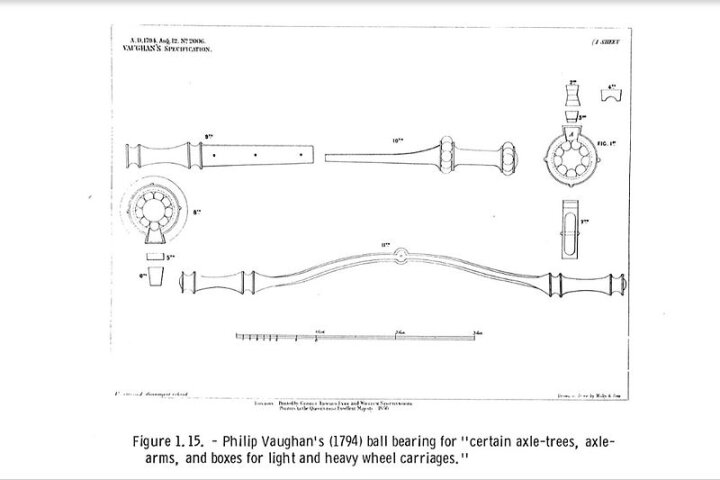@
senghenydd @
senghenydd Rather timely news today then that the Government is taking Sheffield Forgemasters into State ownership (via the MoD) to safeguard its specialist products and skills.
Yet it didn't stop defence company Cobham being sold to America, and it is now trying to buy Ultra Electronics.
Or the Scunthorpe steel plant to China, despite relying on it for the rails for HS2 (a project incidentally, I do oppose on grounds of too much cost and too little need.)
Ye Gods, even the English builder, Sunseeker, of that epitome of the Ever So Rich, the luxury "yacht", is now owned by the Communist, People's Republic of China! It was acquired years ago by a group of Irish money-traders who sold it to a Chinese business a couple of years or so ago.
+++
I have an engineering text-book published in 1911.
Although dealing very much with steam engines and boilers, the prime-movers of the time, it has a chapter on water-power. Not the traditional water-wheel, but the design principles and calculations for various types of turbines; and for driving anything, not necessarily just alternators. It ends the chapter with the confident assertion that there should be sufficient power in the world's rivers for everyone's needs.
Maybe there was 110 years ago, when incidentally the fears of what became called the "greenhouse effect" of CO2 were first raised though not in this book, but the Edwardian author and his peers could not have foreseen the huge rise in population and its demands over the century.
Similarly the hidden effect of atmospheric pollution could only be based on projections from the world's contemporary coal consumption, so it estimated the danger time starting some 200 years, not 100, in their own future.
Small-scale hydro-electric schemes, really only single-building installations, already exist; using either turbines or Archimedian Screws, and I'm sure these will spread.
Meanwhile a large tidal-flow turbine is being installed off the Orkneys; a submarine version of the wind-turbine I think, but with the advantages of water-flows of predictable times and intensities, and not needing dams. Apparently the UK is among the world's leaders in this, but the politicians seem not to have heard of it.
My brother worked for a while for a company in Scotland that made and installed domestic-sized solar and wind power-plants. I asked him about water-power given that Scotland has plenty of streams. He told me they'd found the planning-permission necessary was so difficult and bureaucratic to obtain, it was not worth the cost and effort!
++++
The problem with the "Computer Age" is that it has acquired a disproportionate aura of its own importance. We are led to believe that it's all that matters, yet it's not. We still need physical objects and the ability to make them.
On the last day of production in Toyota's plant in Swindon, as the company intends concentrating on battery-cars; and making them in its home country, much closer to its expected main customers.




